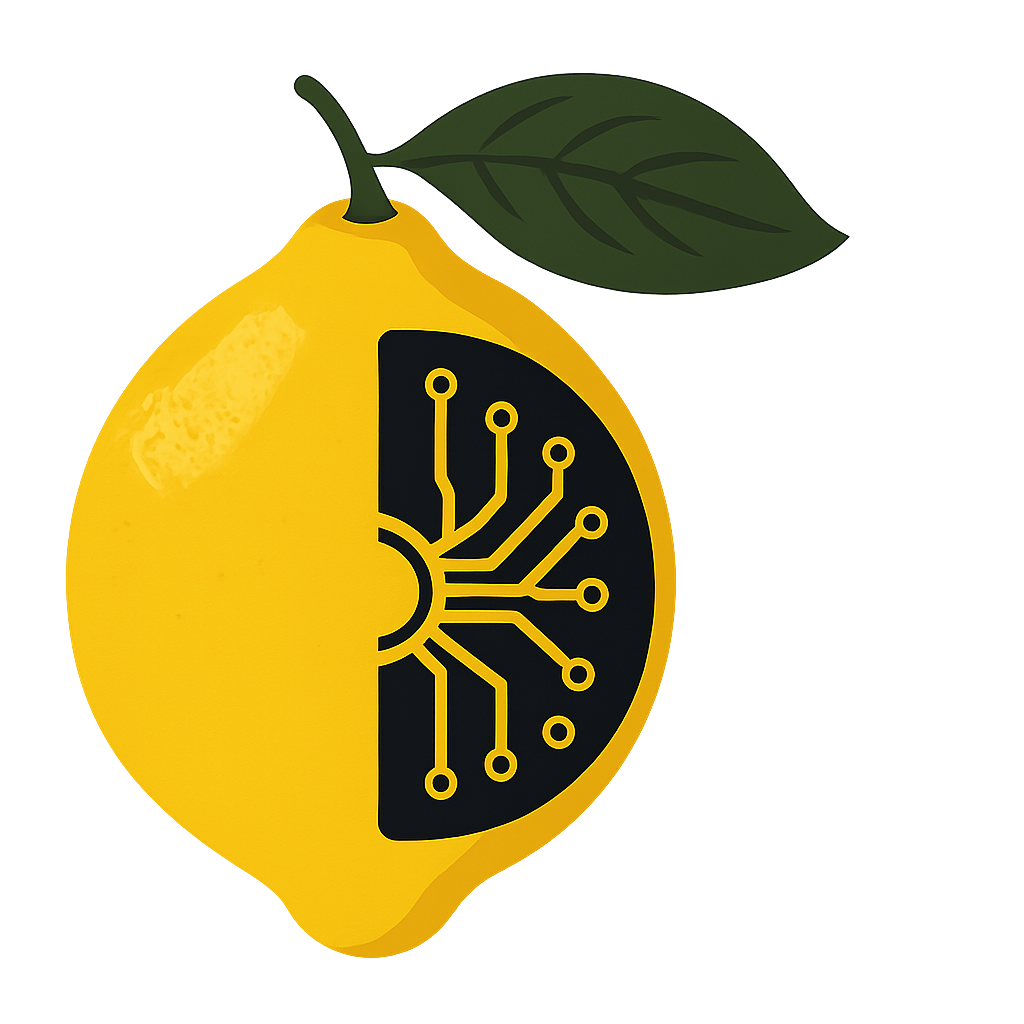
What AI Can Actually Do For You (And What It Can't)
Beyond the hype and promises, here's a straight-talking guide to what current AI can realistically accomplish for your business—and where it still falls short. We cut through the marketing speak to give you a practical assessment of today's AI landscape.
Beyond the Hype: A Reality Check on AI Capabilities
Beyond the buzzwords and marketing hype, business leaders need a clear understanding of what AI can actually deliver today. This article offers a practical assessment of current AI capabilities and limitations to help you make informed decisions.
What Current AI Does Well
1. Automating Repetitive Tasks
AI excels at taking over routine, structured tasks that follow consistent patterns:
These applications deliver immediate ROI through time savings and reduced human error.
2. Recognizing Patterns in Large Datasets
Modern AI systems can analyze vast amounts of information to identify patterns humans might miss:
3. Natural Language Processing
AI has made tremendous strides in understanding and generating human language:
What Current AI Cannot Do Well
1. True Understanding and Reasoning
Despite impressive outputs, AI lacks genuine comprehension:
2. Handle Nuanced Human Interactions
AI remains limited in understanding emotional context:
3. Make Complex Ethical Judgments
AI systems lack moral reasoning abilities:
The Realistic Middle Ground
The most effective AI implementations combine machine efficiency with human judgment. This hybrid approach plays to the strengths of both:
Questions to Ask Before Implementing AI
1. Is the task well-defined and repetitive? These are ideal for AI automation.
2. Do you have good quality data? AI is only as good as the data it learns from.
3. Have you identified what decisions still require human oversight? Be clear on where human judgment remains essential.
4. Do you have a process for handling AI limitations and errors? Plan for how to address inevitable shortcomings.
5. Is your team prepared for changing workflows? Success depends on thoughtful integration with human processes.
Conclusion
The most successful businesses aren't asking AI to do everything—they're strategically applying it to specific tasks where it can deliver real value while maintaining human oversight. By understanding both the capabilities and limitations of current AI, you can make smarter decisions about where and how to implement it in your organization.
Need help determining the right AI strategy for your specific business challenges? [Contact our team](https://example.com/contact) for a free 30-minute consultation.